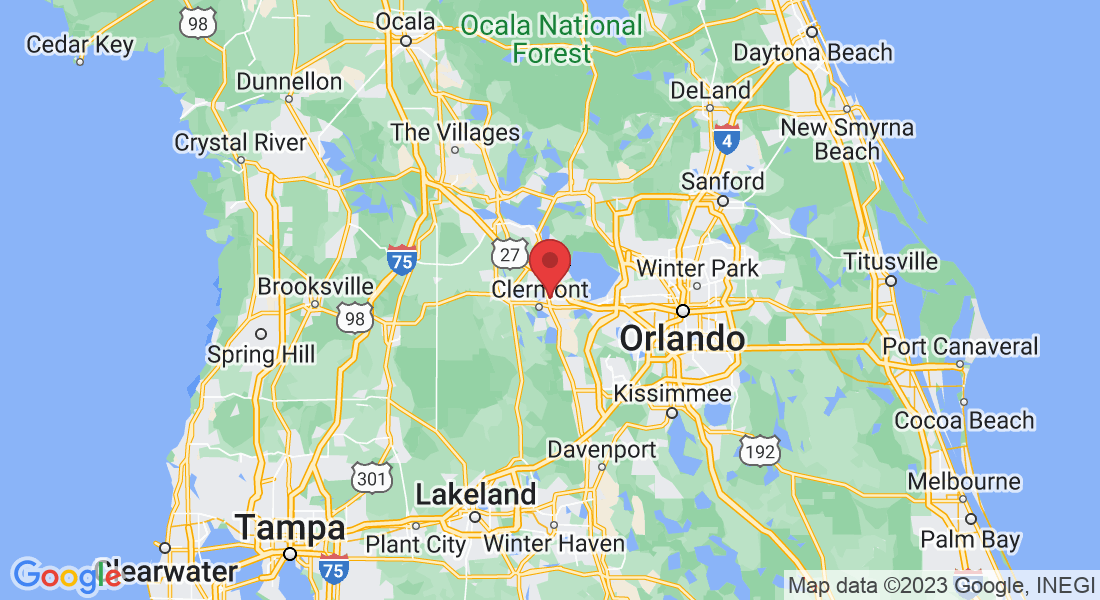Pool designs
Written by Bairont Quintero

Pool designs are an essential aspect of creating an outdoor space that is both visually appealing and functional. The design of a pool can influence how it blends with the surrounding landscape, the safety of the pool, and the overall aesthetic of the backyard. If you're considering installing a pool, it's crucial to prioritize the design to ensure that your investment pays off in terms of both functionality and aesthetics.
When it comes to designing a pool, there are several key factors to consider. These include the size and shape of the pool, the materials used in its construction, the placement of the pool in relation to the home and other outdoor features, and the overall style and theme of the backyard. By carefully considering these factors and working with a professional pool designer, you can create a pool that is tailored to your needs and preferences.
One of the most critical aspects of pool design is safety. This should always be a top priority when designing a pool, especially if you have young children or pets. There are several safety features that can be incorporated into pool design, such as pool covers, fencing, and alarms. These features can help prevent accidents and keep your loved ones safe while enjoying the pool.
Another essential consideration when designing a pool is the materials used in its construction. There are several options available, including concrete, fiberglass, and vinyl. Each material has its own unique advantages and disadvantages, so it's important to consider factors such as durability, maintenance requirements, and overall cost when making your selection.
The shape and size of the pool are also critical design considerations. The size of the pool should be appropriate for the size of your backyard and the number of people who will be using it. The shape of the pool should also complement the surrounding landscape and the overall style of the backyard. Rectangular and oval-shaped pools are popular choices because they are versatile and can be customized to fit a wide range of spaces.
The placement of the pool is another important consideration. The pool should be positioned in an area that receives adequate sunlight and is free from obstructions such as trees and power lines. It should also be positioned in a way that complements the other features of the backyard, such as outdoor seating areas, gardens, and landscaping.
When it comes to style and theme, there are several options to choose from, depending on your personal preferences. For example, if you prefer a more modern and minimalist aesthetic, you may opt for a simple, geometric pool design. If you prefer a more natural look, you may choose a pool with curved lines and natural stone accents. Whatever your style preferences, it's important to work with a professional pool designer who can help you create a design that complements your home and outdoor space.
In conclusion, pool design is an essential aspect of creating an outdoor space that is both beautiful and functional. By carefully considering factors such as safety, materials, size and shape, placement, and style, you can create a pool that meets your needs and preferences. Working with a professional pool designer can help ensure that your pool design is both functional and aesthetically pleasing, making it a worthwhile investment for years to come.





